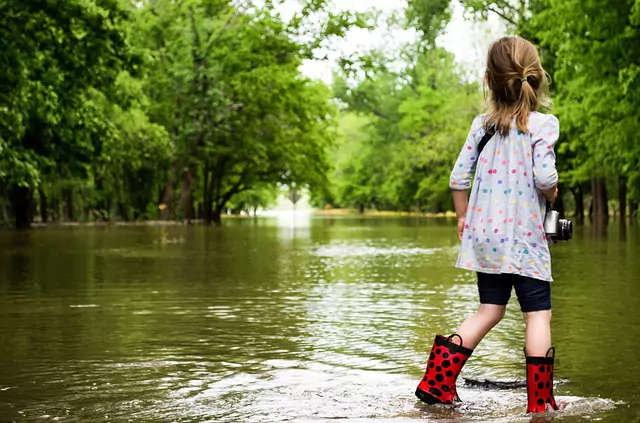
Story at-a-glance
- 40% of small businesses never reopen after a disaster—and medical practices are just as vulnerable.
- Flood damage isn’t covered by standard commercial policies—doctors need separate flood insurance with proper equipment coverage.
- Business interruption insurance helps pay rent, salaries, and overhead when your practice is shut down.
- Recovery can take months or years—and without cash flow, many practices fail before reopening.
- Review policy details carefully—especially deductibles and exclusions like utility outages or relocation costs.
On top of the terrible human toll on individuals inflicted by disasters such as Hurricane Harvey – that affected millions in Texas and Louisiana in 2017 – disasters take a terrible toll on small businesses as well: According to data from the Federal Emergency Management Agency (FEMA), some 40 percent of all small businesses shuttered by a disaster never reopen their doors. Of those that do, 25 percent of them close their doors within a year.
Medical practices are no different. Here are some forms of insurance that could save your business:
Flood insurance
Most medical practice owners understand that standard commercial insurance doesn’t cover flood damage. For that, most businesses consider taking out a National Flood Insurance Program policy. Base policies include up to $500,000 in coverage for the building, if you own the building, and up to $500,000 in contents. Deductible options are available up to $50,000. If you need additional coverage, you can generally buy excess coverage.
The average commercial flood insurance claim is $85,000, according to FEMA officials. Many businesses experience direct flooding costs that are much higher. If you have expensive medical equipment in your building that’s destroyed by floodwaters, your damages can easily go higher than that – and even exceed the base NFIP policy.
Doctors should know that flood insurance policies have two separate deductibles for property and contents. They aren’t combined. This means higher potential out-of-pocket costs.
Business Interruption Coverage
Another huge risk for small medical practices is business interruption. If your location is knocked out by disaster, it could take weeks to get up and running again.
- Equipment lease payments
- Rent or mortgage payments
- Business loan payments
- Medical malpractice payments
- Other insurance premium payments
- Education debt
- Salaries and wages of key staff helping you recover your business
Most small businesses quickly run out of available cash to pay these expenses and still reopen. Meanwhile, patients rendered homeless by the disaster move out of town, or lose their health insurance as their own employers shut their doors, and thereby affect your practice and your revenues even after you open.
Medical practices should seriously consider business interruption coverage. This valuable coverage kicks in if your business or practice experiences direct damage from a flood or other covered peril and you are forced to shut down your operations.
This coverage can help you meet your basic expenses, pay salaries of key individuals, and preserve your cash reserves so that your practice can survive the critical year or two after the disaster.
In some cases, business interruption insurance can help you relocate your office. BI policies may pay reasonable costs of moving to and leasing a temporary site to continue practicing.
Be diligent about your coverage
Be sure to work closely with your agent to ensure you and your medical practice are protected against a wide array of potential hazards. In 2012, some business owners in the path of Tropical Storm Sandy found to their dismay that their business interruption policies were too narrow and didn’t protect them against indirect causes of interruption, such as the loss of power and utility services to their locations. So business interruption planning and insurance requires a good deal of attention to detail and close coordination of your different types of insurance coverage.
Ready to protect your future?
Get a personalized side-by-side policy comparison of the leading disability insurance companies from an independent insurance broker.



